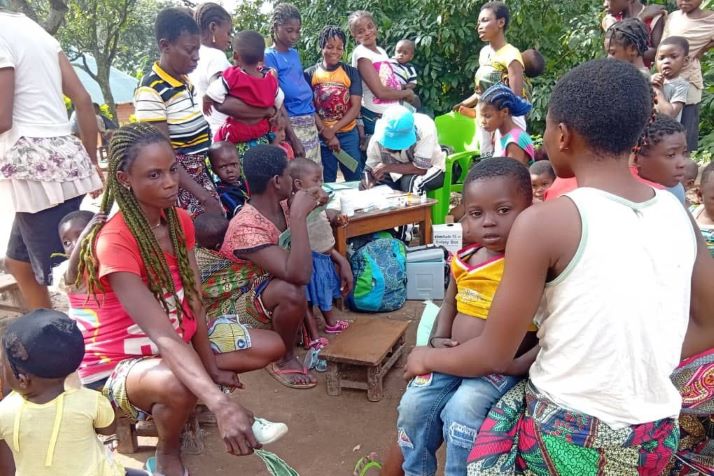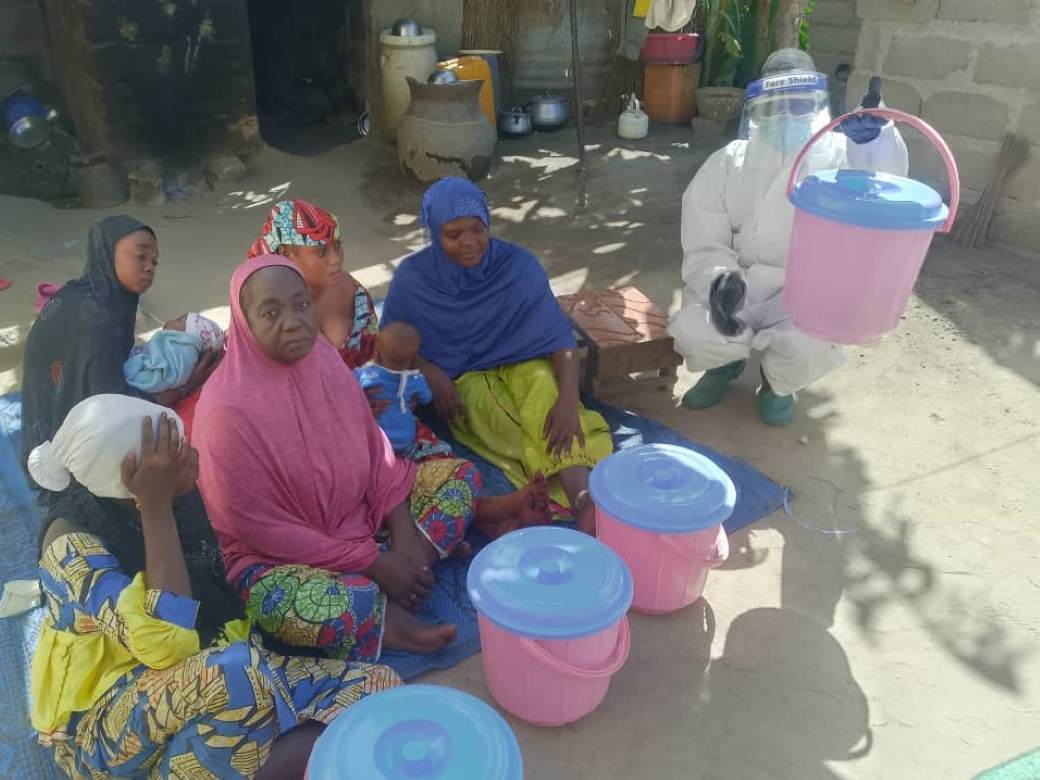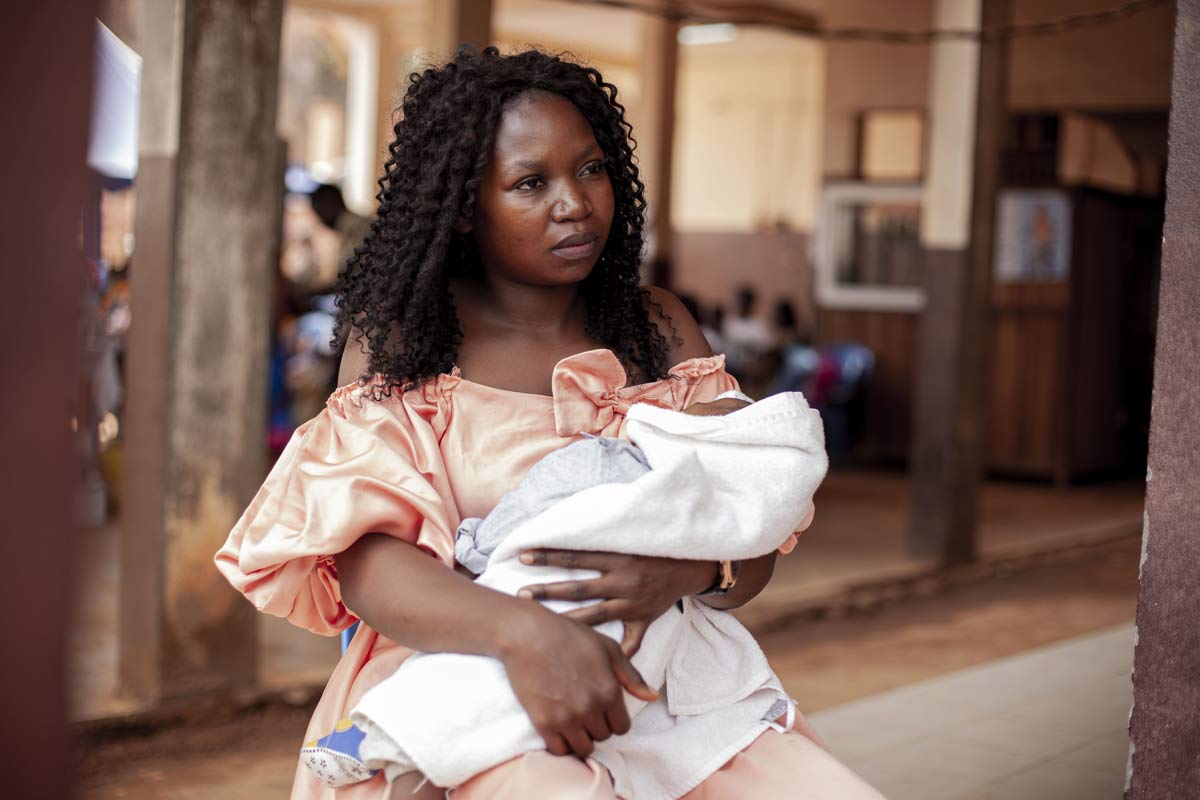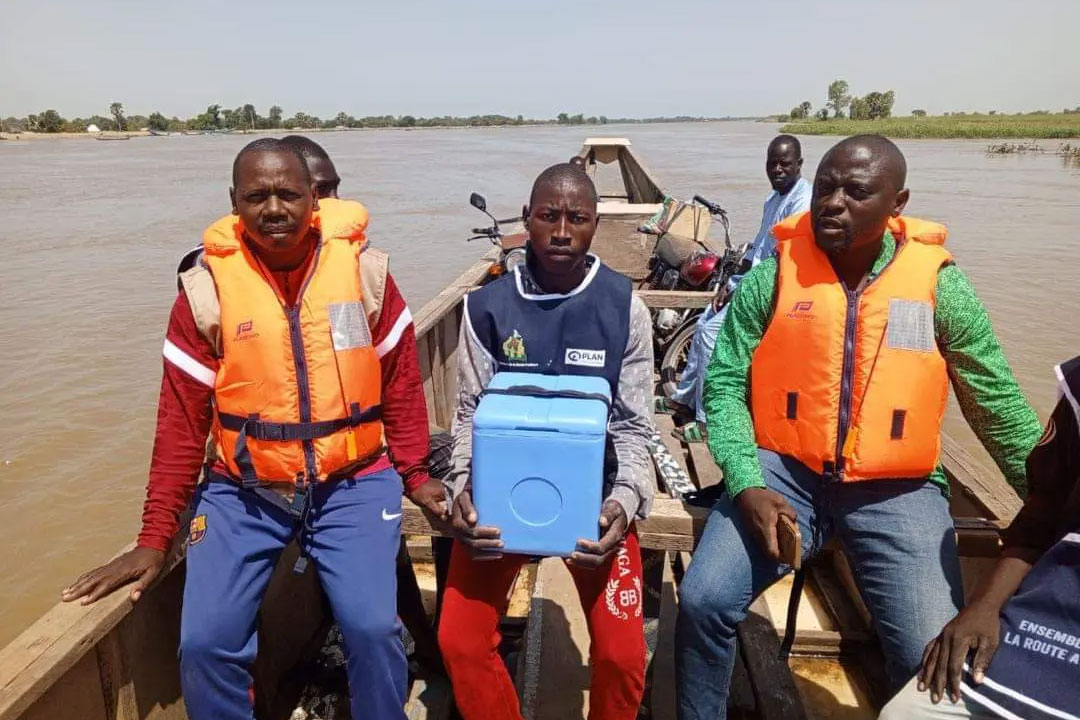Half a century of EPI in Cameroon: Dr Tchokfe Shalom Ndoula takes stock
As Cameroon celebrates the 50th anniversary of its Expanded Program on Immunization (EPI), Dr Tchokfe Shalom Ndoula, Permanent Secretary of the EPI, looks back over progress achieved, and casts an eye up the road ahead.
- 5 June 2024
- 6 min read
- by Nalova Akua

In 1974, the member states of the World Health Organization (WHO) launched the Expanded Programme on Immunization (EPI) with the aim of protecting all children from dangerous diseases like diphtheria, tetanus, measles, polio, tuberculosis and others.
On the occasion of the 50th anniversary of this initiative, many countries around the world are taking stock of their achievements and reflecting on the challenges still to be overcome.
In Cameroon, the EPI can take pride in remarkable successes achieved during its half-century of existence. The country was declared free of wild poliovirus in 2020, for instance, and has celebrated the elimination of maternal and neonatal tetanus. The EPI turns now towards the intensification of the fight against diseases such as malaria, measles, yellow fever and rotavirus-linked diarrhoea.
We spoke to Dr Tchokfe Shalom Ndoula, Permanent Secretary of the EPI, to find out more.
VaccinesWork: As the world celebrates the 50th anniversary of the global commitment to create a routine vaccination programme, what are some of the achievements Cameroon's EPI looks back on proudly?
Dr Tchokfe Shalom Ndoula: In Cameroon, in 50 years of existence, we have achieved historic results, notably the eradication of smallpox, [a triumph we share] with all the countries of the world; the elimination of neonatal tetanus; the end of the circulation of wild poliovirus; the control of major epidemic diseases which otherwise caused many deaths, like measles and yellow fever; as well as perfect control of diseases like diphtheria and whooping cough. For us, in 50 years, these are really significant results, and we believe that the five decades of the EPI have also contributed to the decline in infant and neonatal mortality in Cameroon.
You cited the elimination of wild poliovirus and neonatal tetanus among the main achievements of the EPI during this period. What was the secret of this success?
I think these were long years of struggle, which not only involved sustained vaccination to maintain an adequate immunity level for a long time, but also commitment from all levels of the community, and a robust monitoring system to detect quickly and respond to all cases, both suspected and confirmed to be neonatal tetanus or polio. This is what Cameroon did. In any case, it is a strategy that has evolved over time, depending on the challenges and constraints we have encountered over the years.
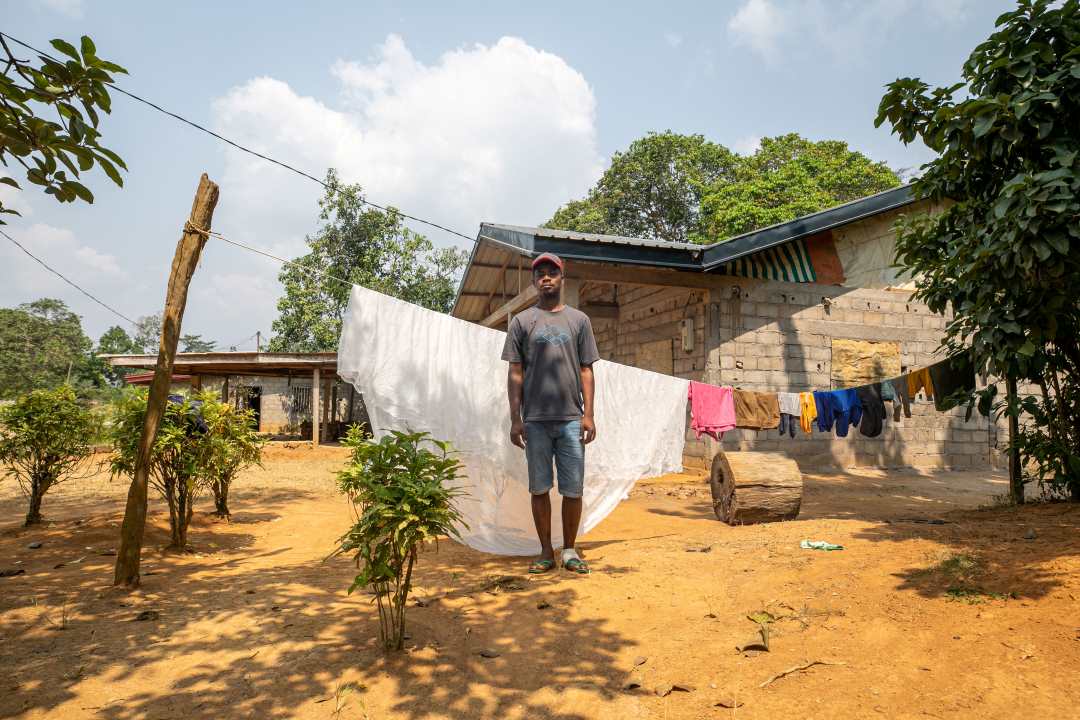
Credit: Gavi /2024/ Go'tham Industry
How many Cameroonian children's lives have been saved during these 50 years thanks to the vaccination campaigns carried out by the EPI?
In Cameroon, we haven't conducted an evaluation of the precise number of lives saved. We rely on the global figures, which estimate more than 150 million lives [in the past half century], and that millions deaths have been avoided in Africa – at least a third of this number. In Cameroon, we have yet to evaluate just how many lives have been saved, how many deaths have been avoided. But it's vital to add indicators such as the number of disabilities avoided, and the costs saved by the health care system [as a consequence of vaccination].
Despite these important steps, diseases such as measles, rubella, yellow fever and rotavirus continue to pose serious threats to life in Cameroon. What explains that, and what is the EPI doing to change that?
The first thing to note is that there has been a great deal of progress in the control of these diseases. But we would have wished to achieve their elimination more quickly. However, new challenges appear every day, including security issues that prevent access to certain areas of our country, as well as the rise of vaccine hesitancy, [something] that we have seen a lot of during the COVID-19 pandemic.
Have you read?
Thus, for several years, we have failed to achieve the vaccination coverage necessary to eliminate these diseases, including, notably, measles and yellow fever. The EPI multiplies and diversifies its efforts so that the challenges of insecurity, accessibility or urbanisation are taken into account in our work plans, so that each person can access vaccination services, regardless of where they live or what their socioeconomic condition may be.
These 50 years saw the introduction of vaccines against some 15 pathogens into Cameroon's routine immunisation. The latest is the world's first vaccine against malaria, introduced in January 2024. Can you tell us which of these vaccines has saved the most lives, and whether all these vaccines continue to be easily available?
The most important thing is not to know which vaccine has done the most to save lives, but to ensure that all children continue to receive these vaccines.
That said, we believe that the vaccine against measles has helped save many lives, because before its introduction, measles was among the five leading causes of mortality in Cameroon, which is no longer the case today. Still, I wouldn't say that one vaccine is more important than another, because each of the 15 vaccines available [in Cameroon's routine schedule] contributes to the health and well-being of children and adults, providing lifelong benefits.
Cameroon became one of the first countries in the world to deploy vaccines against malaria in January. How is the campaign progressing?
Currently, the first dose has reached a coverage of 54%. But we must not consider that as a low coverage, because at the start of the introduction of a vaccine, it is a new cohort being enlisted in vaccination. As we progress, coverage progresses also. We can expect to reach an 80% coverage by the end of 2024.
The country is considering how to extend vaccination to other at-risk districts, since we do not cover currently only 42 districts. We think that in 2025, we will be able extend access to this vaccine to the 116 districts which have been prioritised as being the worst-affected [by malaria].
This article was translated from the original French. To view the original click here.
Follow the author on X (previously Twitter) : @AkuaNalova
